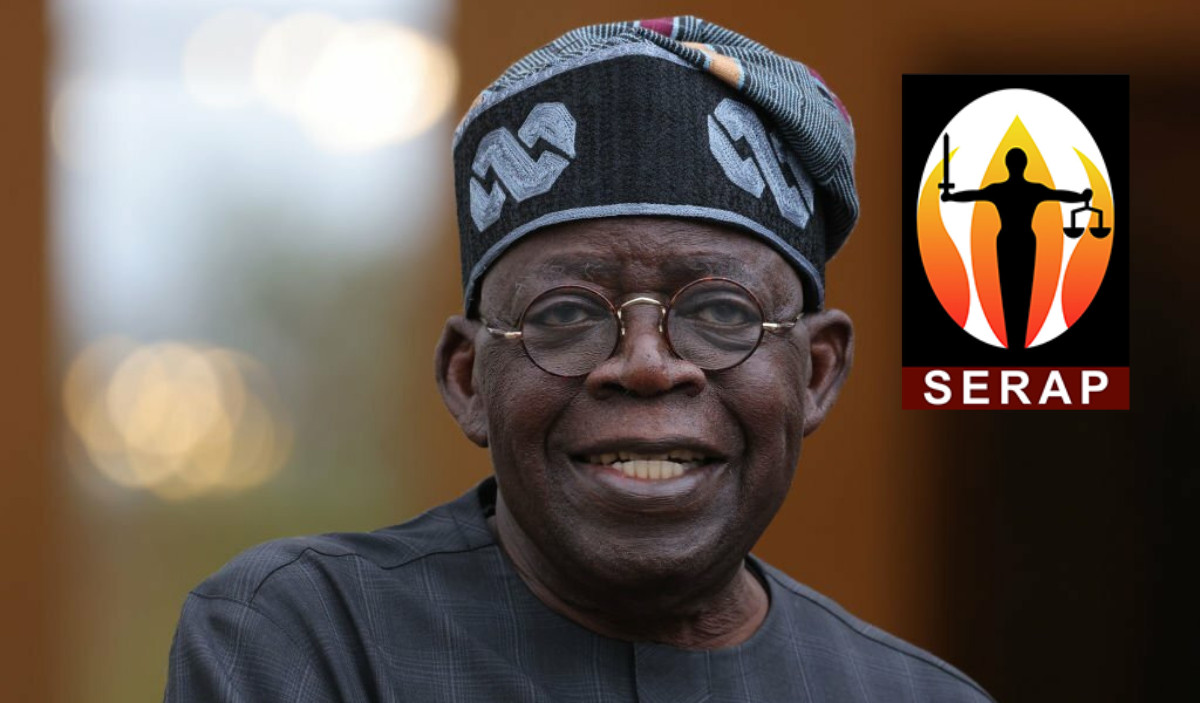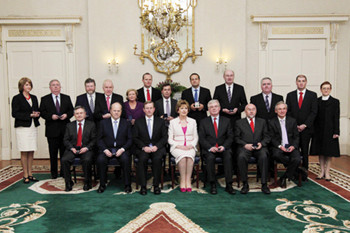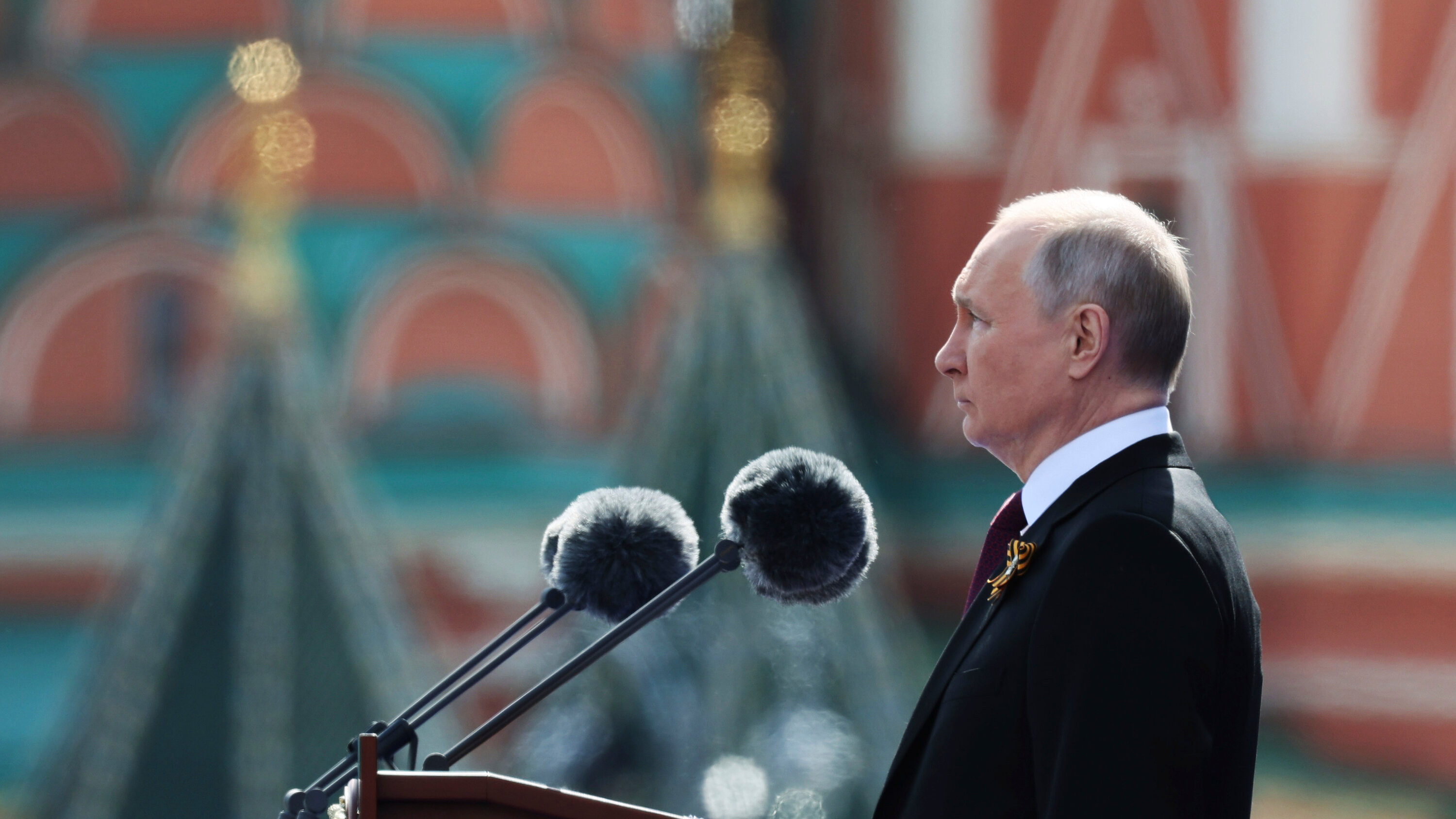The Socio-Economic Rights and Accountability Project (SERAP) has urged President Bola Tinubu to use his “leadership position and good offices to direct the Nigerian National Petroleum Company Limited (NNPCL) to immediately reverse the apparently illegal and unconstitutional increase in the pump price of premium motor spirit (PMS), also known as petrol, across its retail outlets.”
SERAP has also requested that President Tinubu direct the Attorney General of the Federation and Minister of Justice, Lateef Fagbemi, and relevant anti-corruption agencies to investigate allegations of corruption and mismanagement within the NNPCL.
In a letter dated 7 September 2024 and signed by its Deputy Director, Kolawole Oluwadare, SERAP claimed that the petrol price hike is illegal and unconstitutional. According to the SERAP, the petrol price hike represents a fundamental breach of constitutional guarantees and the country’s international human rights obligations, especially as citizens face worsening economic hardships.
The letter reads in part: “Instead of implementing public policies to address the growing poverty and inequality in the country and holding the NNPCL accountable for alleged corruption and mismanagement in the oil sector, your government appears to be penalising the poor.
“The petrol price hike has made it even harder for already impoverished citizens to meet their basic needs. This increase is not inevitable, as it results from the persistent failure of successive governments to tackle corruption and mismanagement in the oil sector, along with the impunity of suspected perpetrators.
“Corruption in the oil sector, coupled with a lack of transparency and accountability in the use of public funds to support NNPCL operations, has led to repeated and unlawful increases in petrol prices.
“Holding the NNPCL accountable for alleged corruption and mismanagement would serve legitimate public interests. This price increase is causing severe hardship to those less well-off. We are concerned that, as Nigeria’s economic situation deteriorates, rising petrol prices will push people further into poverty.”
The organisation has demanded that the President address its recommendations within two days or face legal action to compel compliance.
It added: “We would appreciate it if the recommended measures are implemented within 48 hours of receiving or publishing this letter. If we do not receive a response by then, SERAP will consider appropriate legal action to compel your government to comply with our request in the public interest.
“Your government is legally obligated to investigate and prosecute allegations of corruption and mismanagement within the NNPCL and to ensure justice and effective remedies for victims of corruption. Investigating and prosecuting these allegations would align with both the Nigerian Constitution and the country’s international anti-corruption obligations.
“Section 13 of the Nigerian Constitution 1999 [as amended] mandates your government to conform to, observe, and apply the provisions of Chapter 2 of the Constitution. Section 15(5) requires your government to ‘abolish all corrupt practices’, including those within the NNPCL.
“According to our information, the NNPCL recently increased the price of petrol from about N600 per litre to N855 per litre, with some instances exceeding N900 per litre. This apparent unlawful increase followed a reported refusal by suppliers to import petroleum products due to a $6 billion debt.
“The NNPCL reportedly failed to remit USD $2.04 billion and N164 billion in oil revenues to the public treasury, as documented in the recently published 2020 annual report by the Auditor-General of the Federation.”
SERAP's Demands and Justification
SERAP's demand for a reversal of the petrol price increase and an investigation into the NNPCL is based on a series of arguments, emphasizing the detrimental impact of the price hike on citizens and the potential for corruption within the NNPCL. SERAP's letter highlights the following crucial points:
Constitutional and Human Rights Violations
SERAP asserts that the petrol price increase constitutes a breach of constitutional guarantees and Nigeria's international human rights obligations. They argue that this increase disproportionately impacts the most vulnerable sectors of society, pushing people further into poverty and undermining their fundamental right to life and a dignified existence.
Corruption and Mismanagement in the Oil Sector
SERAP calls for a probe into alleged corruption and mismanagement within the NNPCL, citing the reported $300 million bailout funds and the $6 billion debt owed to suppliers. They highlight the NNPCL's failure to remit oil revenues to the treasury as documented in the 2020 annual report by the Auditor-General of the Federation, suggesting a pattern of financial irregularities.
Legal Obligations of the Government
SERAP emphasizes the government's legal obligation to address the socio-economic rights of citizens, including protecting the most vulnerable. They cite specific sections of the Nigerian Constitution that mandate the government to abolish corrupt practices, secure the welfare and happiness of its citizens, and harness the nation's resources for the common good. SERAP argues that investigating and prosecuting corruption allegations within the NNPCL would be consistent with these constitutional provisions.
Implications for the Nigerian People
The petrol price increase is a significant burden on the Nigerian people, particularly those living in poverty. The increased cost of transportation and essential goods further exacerbates economic hardship and contributes to rising poverty levels in the country. This situation highlights the pressing need for government action to address the underlying issues of corruption, mismanagement, and the lack of accountability within the oil sector, which have direct and detrimental effects on the lives of ordinary Nigerians.
The Future: A Call for Action
SERAP's demand for a reversal of the petrol price increase and an investigation into the NNPCL highlights the urgency of addressing the issues of corruption and mismanagement within the oil sector. The government’s response to these demands will be closely watched, as it could set a precedent for future actions regarding public policy, human rights, and accountability in the oil industry. Ultimately, the government must act decisively to alleviate the burden on the Nigerian people and ensure that public resources are managed transparently and responsibly for the benefit of all citizens.


















